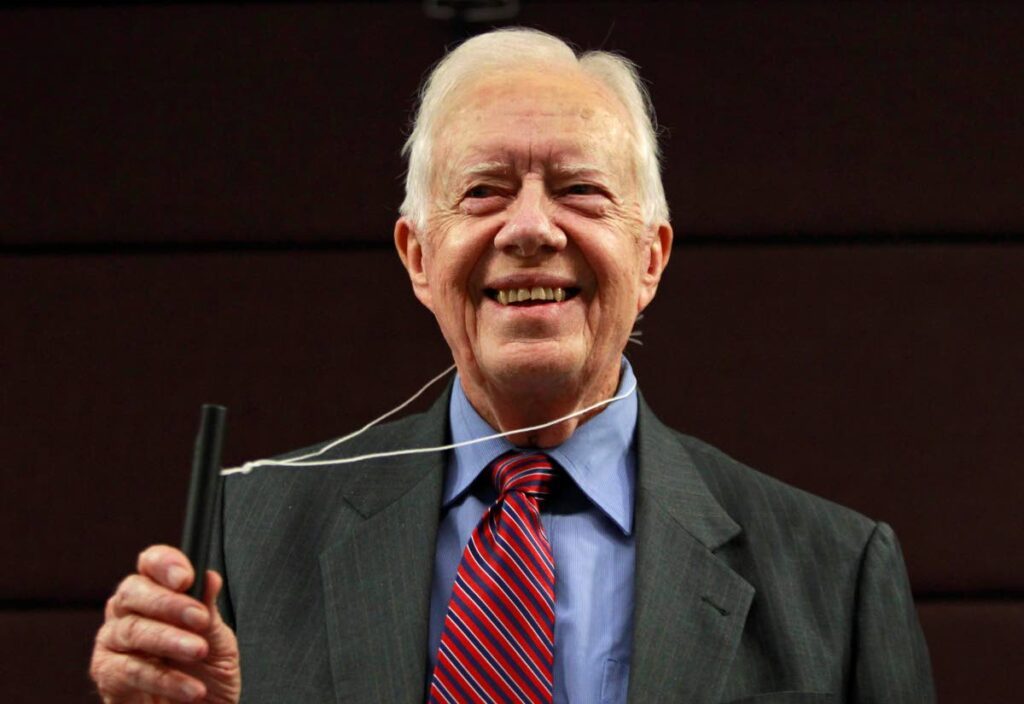Power without ego

JIMMY CARTER and Manmohan Singh, who died on December 29 and 26 respectively, shared a common trait: leadership without ego.
Mr Carter famously moved from being a peanut farmer to serving as the 39th US president.
Mr Singh, India’s first Sikh prime minister, was often called “the accidental prime minister” and described as a “reluctant king.”
For both, accidents of timing controlled their destinies. For both, their enduring legacy continues to impact us today. Mr Carter was 100 on his deathbed, Mr Singh, 92.
Mr Carter, the longest-lived US president, assumed office in 1977, as that country nursed the traumatic after-effects of the Nixon era and the Vietnam war.
He started the tradition of exiting the presidential limousine and walking the parade route to the White House, which he put solar panels on, after his inaugural address. He championed peace and negotiated the Camp David Accords between Israel and Egypt which hold to this day.
But his single term in office seemed ill-timed given the outbreak of the economic malaise known as “stagflation,” as well as the Iran hostage crisis, which he could not resolve in time for re-election. Ronald Reagan roundly beat him.
Yet, Mr Carter made up for the brevity of his stint in office by redefining post-presidency life.
Bypassing the wealth and perks that come with the role, he returned to small-town life in Plains, Georgia, living there with his wife of 77 years, Rosalynn.
From that base, he would spend four decades travelling the world as an effective emissary, promoting peace and democracy and advocating for a range of causes, such as affordable housing and women’s rights. He won the Nobel Peace Prize in 2002. In the final 22 months of his life, he lived in hospice care, but poignantly campaigned and voted for Kamala Harris.
In a similar vein, Mr Singh was born into a family of dried fruit traders and would study by kerosene lamp. He went on to an illustrious career but only became premier after Sonia Gandhi stepped aside and advanced him to the role in a surprise move in 2004.
But his popularity and the soundness of his economic reforms led to his re-election, unlike Mr Carter.
Notwithstanding the sense of happenstance that surrounded him, he was credited with shielding India from much turmoil during the 2008 financial crisis and signed a key nuclear deal with the US. Still, he declined to contest the 2014 general election.
The deaths of both soft-spoken figures, at a time of great rancour in politics, is a reminder of the finer qualities of statesmanship.
We need more leaders like them.

Comments
"Power without ego"